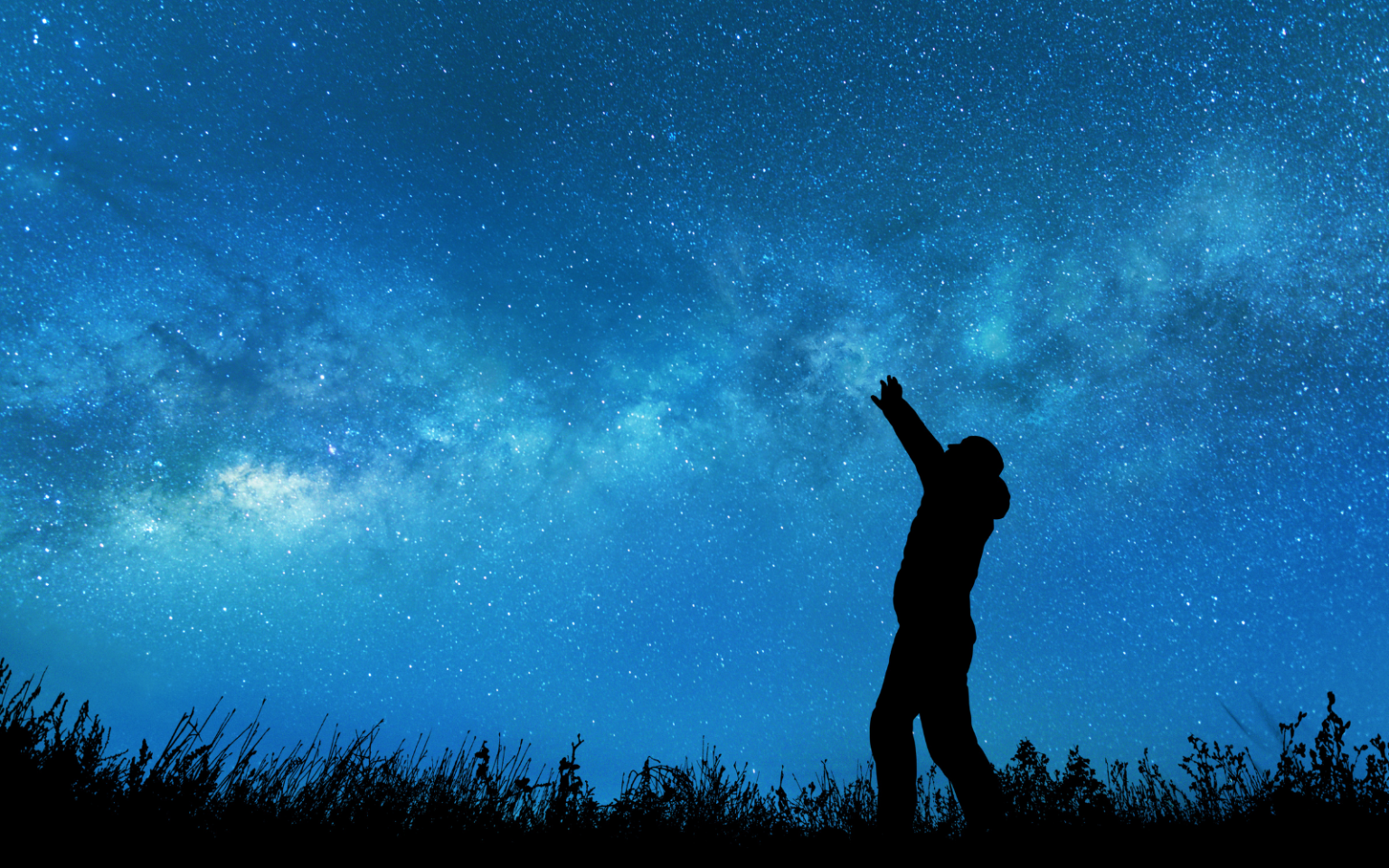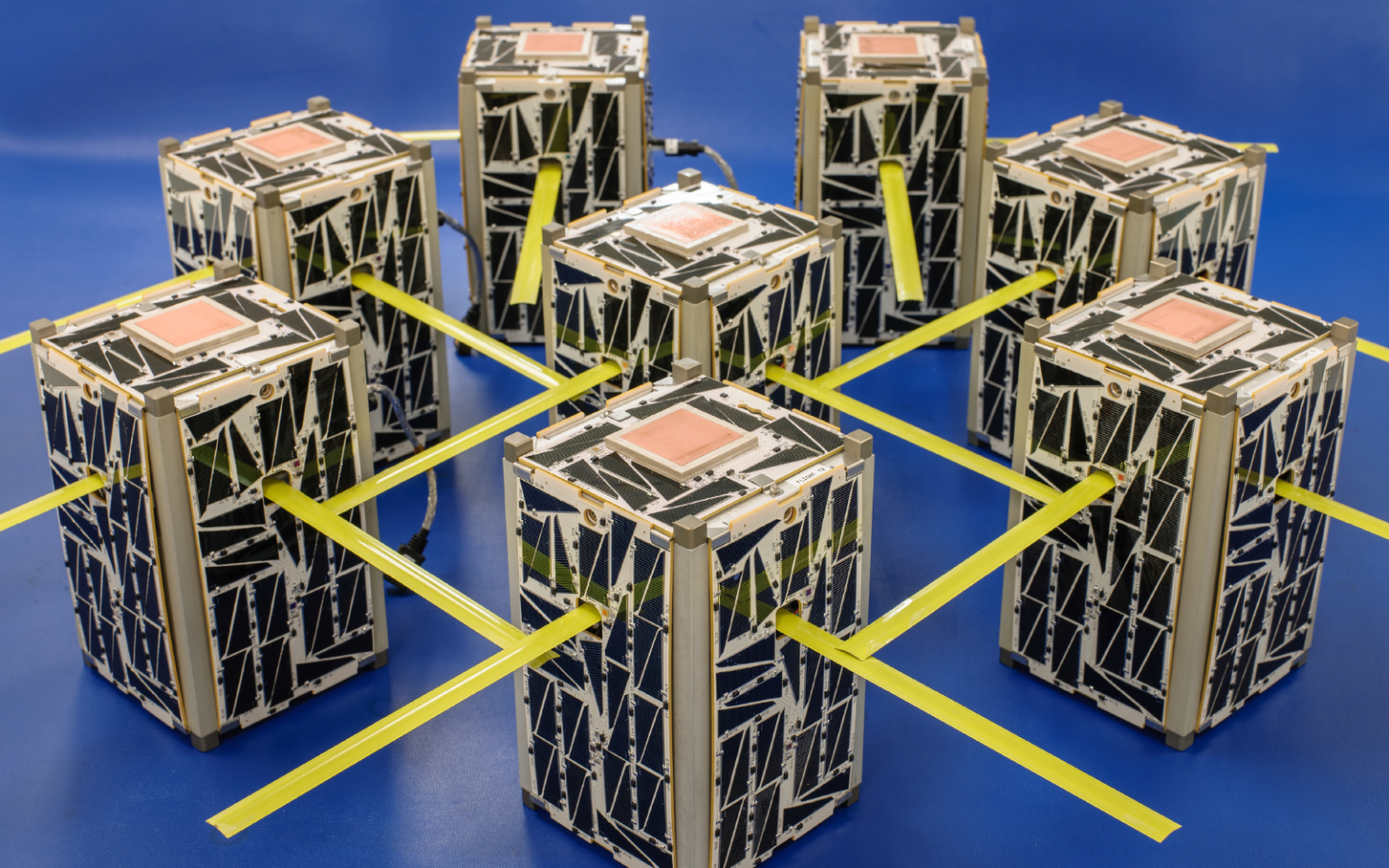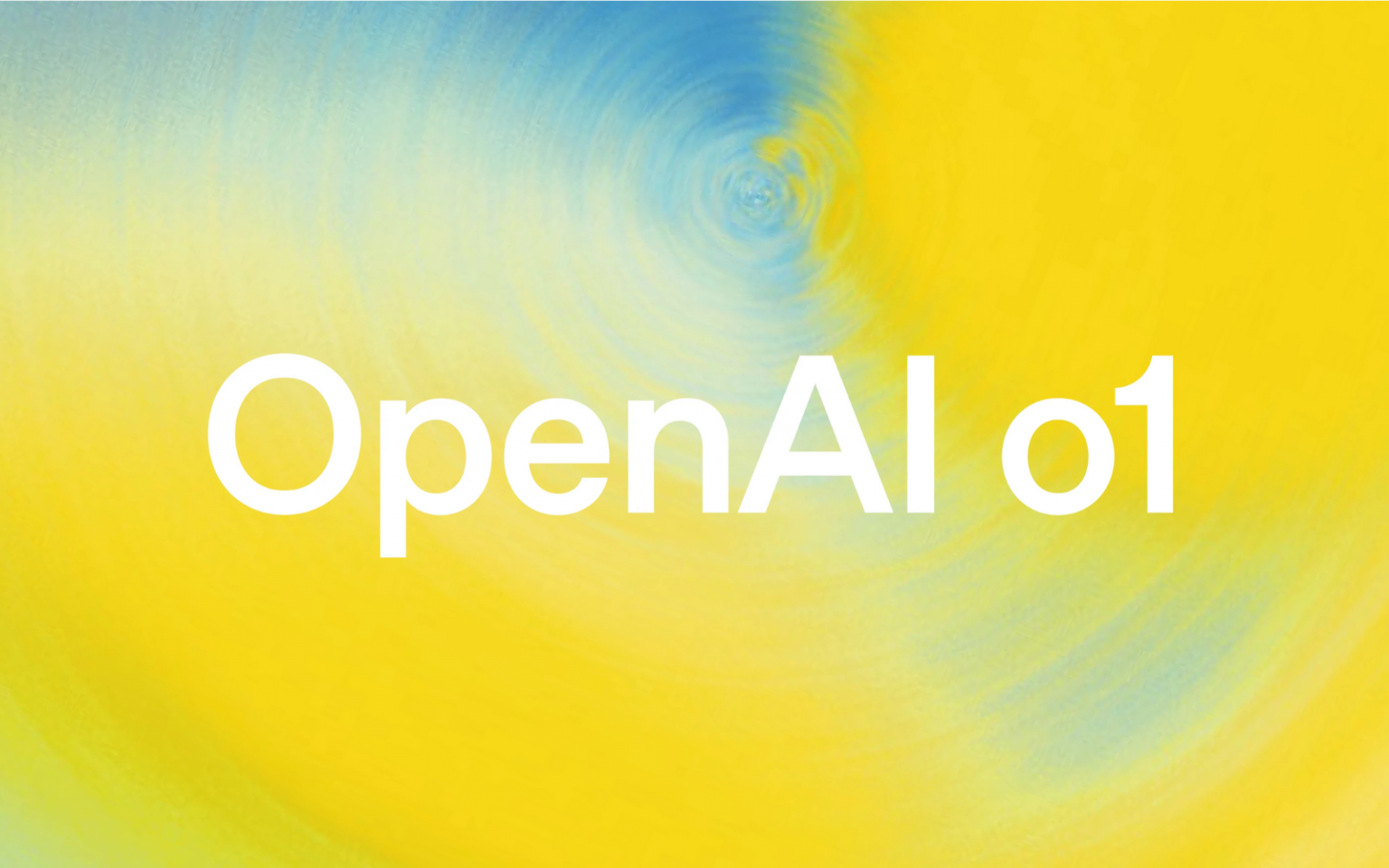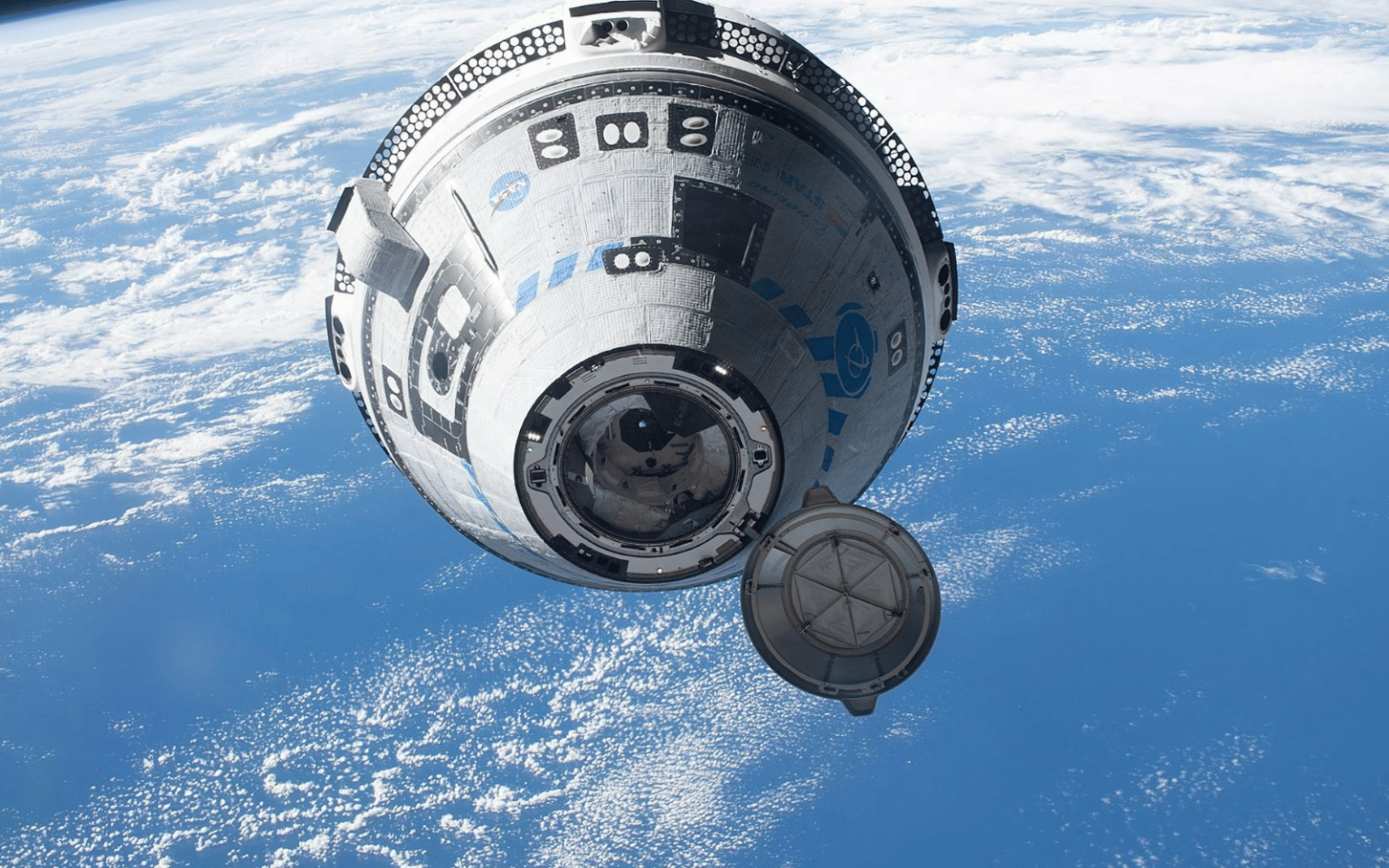Imagine scrolling through social media or playing an online game, only to be interrupted by insulting and harassing comments. What if an artificial intelligence (AI) tool stepped in to remove the abuse before you even saw it? This isn’t science fiction. Commercial AI tools like ToxMod and Bodyguard.ai are already used to monitor interactions in real-time across social media and gaming platforms. They can detect and respond to toxic behaviour. The idea of an all-seeing AI monitoring our every move might sound Orwellian, but these tools could be key to making the internet a safer place. However, for AI moderation to succeed, it…
Author: The Conversation
In January 2023, a new comet was discovered. Comets are found regularly, but astronomers quickly realised this one, called C/2023 A3 (Tsuchinshan-ATLAS), had the potential to be quite bright. Some hyperbolic reports have suggested it might be the “comet of the century”, but any astronomer will tell you the brightness of comets is notoriously hard to predict. As I explained last year, we’d have to wait until it arrived to be sure how bright it would become. Now, the time has come. Comet C/2023 A3 is currently visible with the naked eye in the morning sky in Australia and Aotearoa New Zealand, with…
Ever found yourself unable to resist checking out a social media notification? Or sending a random picture just to keep a Snapchat “streak” going? Or simply getting stuck staring at YouTube because it auto-played yet another cute cat video? If so, you’re far from alone. And if we adults can’t resist such digital temptations, how can we expect children to do any better? Many digital environments are not designed with the best interest of users in mind – and this is especially true of games, apps and platforms commonly used by kids and teens. Designers use persuasive design techniques to make users…
Most CubeSats weigh less than a bowling ball, and some are small enough to hold in your hand. But the impact these instruments are having on space exploration is gigantic. CubeSats – miniature, agile and cheap satellites – are revolutionizing how scientists study the cosmos. A standard-size CubeSat is tiny, about 4 pounds (roughly 2 kilograms). Some are larger, maybe four times the standard size, but others are no more than a pound. As a professor of electrical and computer engineering who works with new space technologies, I can tell you that CubeSats are a simpler and far less costly way to reach other…
What is the first thing you do in the morning after you awaken? Many people immediately check their phones for notifications of messages, alerts and social media updates on their social ties. Ninety-seven percent of U.S. adults report owning a cellphone, with 90% reporting that they own a smartphone. While some researchers and media outlets portray phone use as detrimental, the reality is that the effects of technology use, including phones, vary depending on multiple factors. These include the amount, type, timing and purpose of that use. What is best for one group may not be best for another when thinking about technology use.…
The sight of solar panels installed on rooftops and large energy farms has become commonplace in many regions around the world. Even in grey and rainy UK, solar power is becoming a major player in electricity generation. This surge in solar is fuelled by two key developments. First, scientists, engineers and those in industry are learning how to make solar panels by the billions. Every fabrication step is meticulously optimised to produce them very cheaply. The second and most significant is the relentless increase in the panels’ power conversion efficiency – a measure of how much sunlight can be transformed…
Have you noticed certain words and phrases popping up everywhere lately? Phrases such as “delve into” and “navigate the landscape” seem to feature in everything from social media posts to news articles and academic publications. They may sound fancy, but their overuse can make a text feel monotonous and repetitive. This trend may be linked to the increasing use of generative artificial intelligence (AI) tools such as ChatGPT and other large language models (LLMs). These tools are designed to make writing easier by offering suggestions based on patterns in the text they were trained on. However, these patterns can lead to the overuse of…
OpenAI, the company that made ChatGPT, has launched a new artificial intelligence (AI) system called Strawberry. It is designed not just to provide quick responses to questions, like ChatGPT, but to think or “reason”. This raises several major concerns. If Strawberry really is capable of some form of reasoning, could this AI system cheat and deceive humans? OpenAI can program the AI in ways that mitigate its ability to manipulate humans. But the company’s own evaluations rate it as a “medium risk” for its ability to assist experts in the “operational planning of reproducing a known biological threat” – in other words, a…
Taking photographs used to be a careful, conscious act. Photos were selective, frozen moments in time carefully archived in albums and frames. Now, taking a photograph is almost as effortless and common as breathing – it’s something that people do all the time in the age of smartphone cameras with seemingly endless digital film. But the downside to capturing every moment is that it creates a mountain of those moments to save for the future. Those photos can be easily lost if they’re not archived properly. All it can take is one accidental dip in the toilet for your phone,…
NASA astronauts Butch Wilmore and Suni Williams were meant to go to the International Space Station (ISS) on a roughly ten-day mission. Instead, they have been “stuck” there since June, as the reliability of their spacecraft – Boeing Starliner – has not met NASA’s strict standards for crewed flight. After two months of testing, NASA has now made the call that Starliner will return to Earth in September without astronauts aboard. This will enable both NASA and Boeing to monitor the craft carefully as it separates from the ISS and makes its way home. Because human life is part of the…










